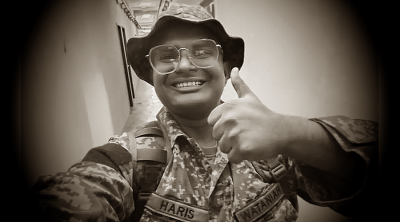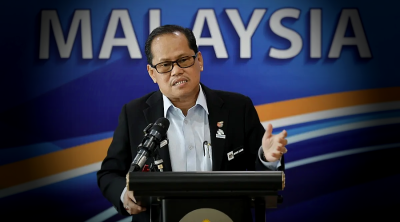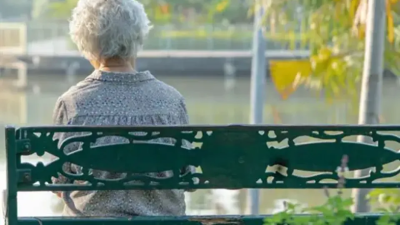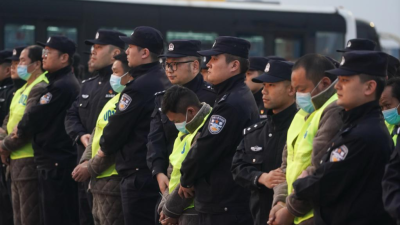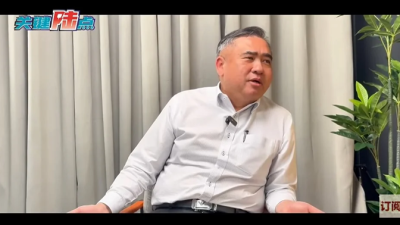
An innocent young man, 21-year-old navy cadet Zulfarhan Osman Zulkarnain, a student at the Malaysian National Defence University (UPNM), was murdered and his bright future snuffed out.
Six of Zulfarhan’s university mates have received the death sentence and are destined for the gallows for their role in torturing Zulfarhan and denying him medical treatment, that he subsequently died of his wounds.
Twelve other students who took part in the sadistic ritual of extracting a confession from Zulfarhan, will be jailed for their cruel role.
The torture was triggered when Zulfarhan was accused by one university student, Muhammad Akmal Zuhairi Azmal, of stealing his laptop.
Zulfarhan had no need to steal one as he already owned a new laptop, but his denials made little impact on Akmal.
Zulfarhan had also complained to his mother that his personal items had been stolen, including his mobile phone.
When Akmal’s friend got wind of the theft of the laptop, he told him that his father, a bomoh, could locate ‘lost items’.
With the bomoh entering the scene, Zulfarhan’s fate was sealed.
If the laptop was the trigger, the bomoh can be considered the catalyst that started the gruesome chain of events which eventually killed Zulfarhan.
The bomoh arranged a prayer session after which he claimed he had experienced a premonition in which he said that without a doubt, Zulfarhan was indeed guilty of stealing the laptop.
When Akmal heard that Zulfarhan had been single-handedly identified by the bomoh as the thief, he was outraged and vowed to beat Zulfarhan to own up and surrender the laptop.
Tragically, the actions of the irresponsible bomoh and his careless talk contributed towards an innocent young man’s death.
When one loses an item, especially an expensive one, the normal procedure is to lodge a police report.
Instead of being law-abiding students, they failed to tell the police about the theft.
If they didn’t want to involve the police, they could have notified the warden of the hostel or the university’s Student Support Services which looks after their well-being.
Instead of being true to their faith as good responsible Muslims, the students decided to believe the bomoh, and proceeded to extract a confession from Zulfarhan.
Zulfarhan’s mother, who read from newspaper reports about the bomoh’s involvement, had expressed regret that the bomoh was allegedly the cause of the events that led to her son’s death.
Has the bomoh apologised for his despicable actions? Will he be questioned by the religious authorities for leading a group of young men astray with sorcery?
On 27 July, Minister in the Prime Minister’s Department for Religious Affairs Dr. Mohd Na’im Mokhtar advised Muslims to place all their hopes and dependence on Allah for the creation of a civilised Madani society.
He told them that during times of hardship, they should turn to God and not bomoh.
He warned Muslims not to indulge in occult practices because it would weaken their faith.
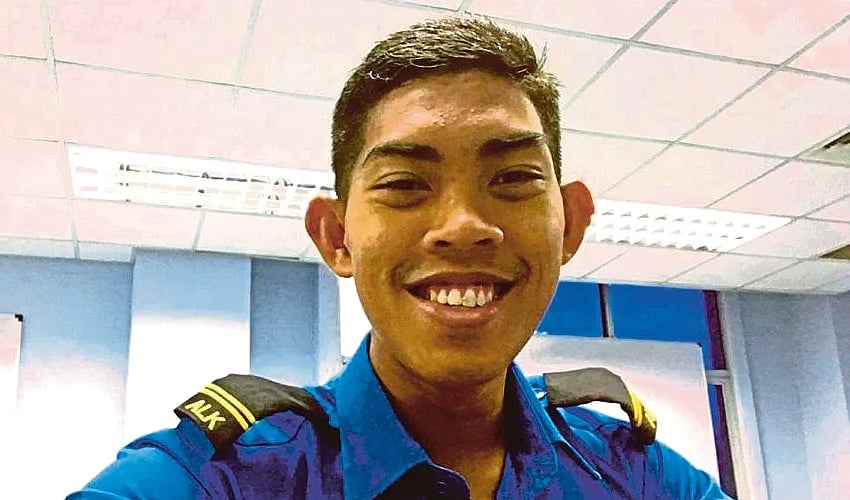
Although Zulfarhan maintained that he had not stolen the laptop, he was nevertheless stripped to his boxer shorts, tied up with a belt, beaten with a rubber hose and clothes hanger, and punched and kicked.
He protested his innocence, but the boys disbelieved him, so they took turns to apply the steam iron torture on his front, his back, his arms and legs, as well as his private parts.
One of the accused claimed that he was not aware that a steam iron could inflict so much damage.
Newspaper coverage of the murder said the hour-long torture commenced at 04:45 on 22 May 2017, the day after Zulfarhan was first quizzed about the missing laptop.
When Zulfarhan still denied stealing the laptop, they continued with the steam iron torture and only stopped when they heard the call to prayer.
Many Malaysians will wonder how it is that these young men possessed a “Dr Jekyll and Mr Hyde” behaviour, when their violent alter ego easily transformed into their pious God-fearing persona by merely hearing the call to prayer.
Zulfarhan became violently ill, but he was isolated in a locked room for several days, and closely monitored to prevent the university authorities from knowing.
Didn’t his lecturers or warden wander about his absence in the roll-call in class?
An anonymous letter urging someone to save Zulfarhan was placed at the front of the military hospital on 25 May, but both the hospital staff and doctor of a clinic failed to do a proper investigation.
Twelve days after he was first tortured, Zulfarhan became rigid in a unit at Apartment De Centrum and was then rushed to the Serdang hospital but was pronounced dead two hours after admission.
Did the accused, all 18 of them, feel justified at killing Zulfarhan for the price of a laptop which in 2017 probably cost around RM2,000?
Incidentally, did the court proceedings reveal who had stolen the laptop?
With all the publicity and anger surrounding Zulfarhan’s murder, the thief would never admit he or she had stolen the laptop, and will carry this secret to his grave.
Sources:
- New Straits Times: Cadet complained of being assaulted by friends over laptop theft, says witness
- Berita Harian: Elak dapatkan nasihat, letak harapan kepada bomoh – Mohd Na’Im
- New Straits Times: Six ex-UPNM cadets to hang for Zulfarhan’s murder, court rules
- New Straits Times: Death of navy cadet: Premonition, torture, and a poison pen letter
Read also:
- Is your child a bully? Or is he being bullied?
- The culture of bullying and abuse in our schools and universities
(Mariam Mokhtar is a Freelance Writer.)
ADVERTISEMENT
ADVERTISEMENT








